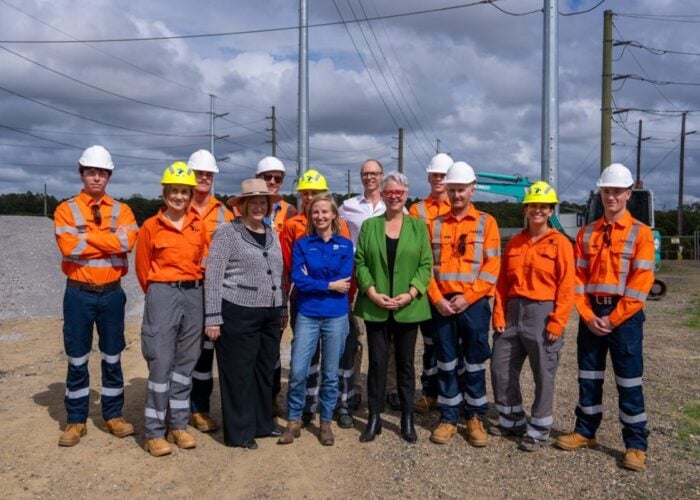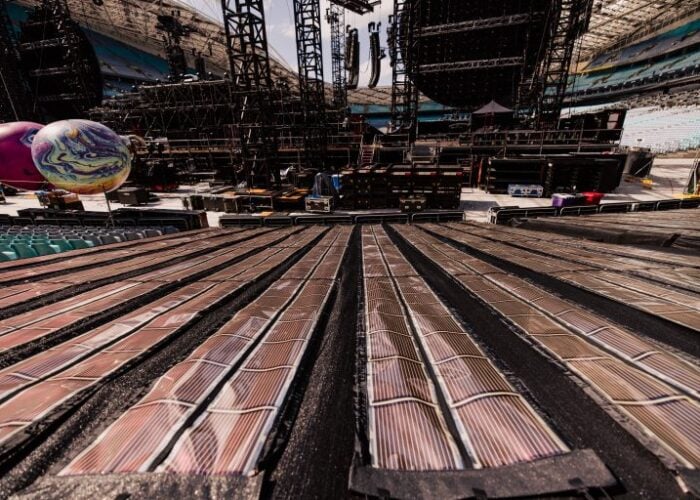Having undertaken a scan of the geographical map for PV demand, Jefferies analyst Jesse Pichel believes the long anticipated second-half year boom is proving elusive to see. In a research note to investors, the firm noted that demand improved in June, but July appears to have flatlined, despite increased factory utilization from major PV module suppliers. Pichel raised the alarm that inventory could be building again, after being consumed in the April-June timeframe.
According to Jefferies, channel checks suggested that demand in July was running below industry expectations, especially in Germany and Italy.
Try Premium for just $1
- Full premium access for the first month at only $1
- Converts to an annual rate after 30 days unless cancelled
- Cancel anytime during the trial period
Premium Benefits
- Expert industry analysis and interviews
- Digital access to PV Tech Power journal
- Exclusive event discounts
Or get the full Premium subscription right away
Or continue reading this article for free
Indeed, Pichel described the situation in Germany as ‘lackluster,’ due in part to the summer vacation period. Although not cited in the research note, a midyear cut in the EEG could also have had an effect, reducing any need to rush installations through before tariff changes.
However, Jefferies said that they expect PV installations in Germany to double in the second-half of the year, reaching 3.8GW, up from 1.9GW in the first-half period.
As far as channel checks in Italy, Jefferies believes there has been no real sign in a recovery of the ground-mounted market. An analysis of Chinese import/export data was cited that had revealed that Chinese module export to Italy actually declined 79% from January to June this year.
Despite attractive IRRs in Italy, there had been no sign of recovery, while rooftop installations were growing. Jefferies believes that ground projects are proving difficult to finance. This was attributed to project developers facing tighter liquidity requirements, resulting in many developers waiting for system prices to fall further. Orders for projects wouldn’t start until the August/September timeframe, according to the investment group.






